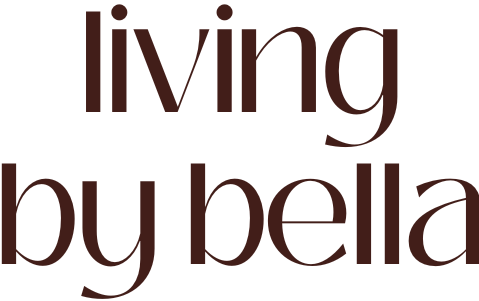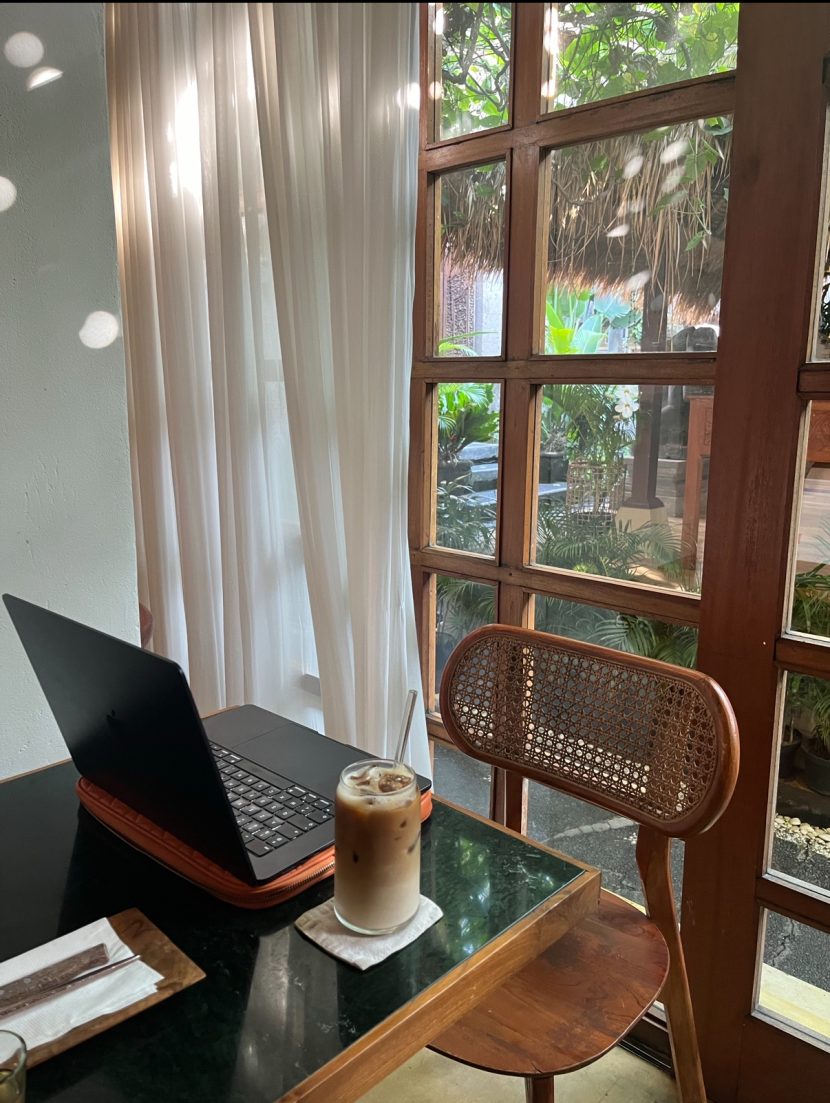Everyone wants experience, but no one wants to give you your first chance. By my junior year, I had secured seven internships, and no, I didn’t have a mentor or insider connections. I just knew how to make the right moves. Here’s how I did it:
1. Unpaid Internships (Only If You Can!)
I took on two unpaid internships early on, and while I don’t recommend working for free long-term, they did help boost my resume. If you have the means:
- Keep it light (5-10 hours a week max).
- Treat it more like volunteering than labor: nonprofits > corporations that can pay.
- Ideal for high schoolers or college freshmen struggling to land paid roles.
2. Learning Programs & Certifications
Some of my internships came from alumni chats and learning programs, literally just from being in the right group chats. Certifications also help: they show initiative and make your resume stand out.
3. Reach Out to Small Founders & Creators
If you admire a small business owner, startup founder, or content creator, reach out! Offer to help with something specific. Many of them need extra hands, and you’ll get real experience in return.
4. Leverage Career Fairs & Company Programs
Universities and companies want to help students succeed. Look out for:
- Bridge programs (for underrepresented students)
- Case study workshops (they sometimes lead to offers)
- School resources (career fairs, alumni networks, faculty referrals)
5. Put Your Passion Project on Your Resume
Whether it’s a blog, a nonprofit, or a social media page, you need something that’s yours. Passion projects make you memorable, and trust me, recruiters remember them.
The key? Stay open to unconventional opportunities . Your first “yes” won’t always come from a job posting, it might come from a DM, a program you almost ignored, or a project you never thought would matter. Take the shot.







